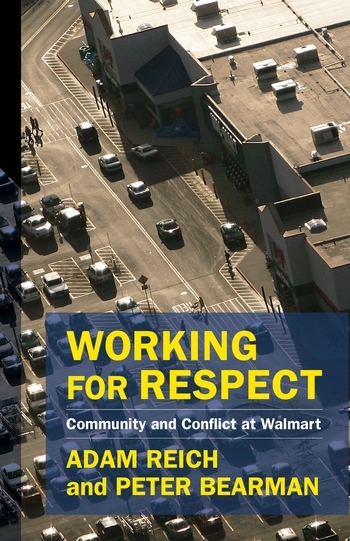Perhaps most compelling to the aims of this project are the narrators’ testimonies of their experiences with the technical government itself as they attempted to answer the outstanding demands that sparked the revolution, such as a lack of political freedoms, food price inflation, corruption, and poor living conditions.
The Columbia Center for Oral History (CCOHR) and INCITE are pleased to announce the completion of the Tunisian Transition Oral History Project. Following the address of the former prime minister of the Republic of Tunisia, Mehdi Jomaa, at Columbia University's World Leaders Forum in 2015, the Office of University President Lee Bollinger approached INCITE to discuss undertaking an oral history project about Tunisia's technocratic government (2014-15) and its role in the transition to democracy following the 2011 Tunisian Revolution.
The Tunisian Transition Project includes 58 oral histories with 41 narrators totaling 110 recorded hours. Narrators include politicians, officials and notable figures in the Tunisian transitional period, including Mehdi Jomaa, Moncef Marzouki, and Neila Chaabane. Each interview began with a historically grounded question, “Where were you during the events of December and January 2010?" From there, narrators also discussed their life trajectories, from childhood memories of Tunisia to their coming of age in Tunisian politics and the directions that their diverse careers took them. Perhaps most compelling to the aims of this project are the narrators’ testimonies of their experiences with the technical government itself as they attempted to answer the outstanding demands that sparked the revolution, such as a lack of political freedoms, food price inflation, corruption, and poor living conditions.
Though there is a wealth of information on the events leading up to the Arab Spring and a good deal of information on the immediate aftermath, this project engages with the less treated subject of the technical government itself—how Tunisia's leader's arrived at such a solution, whether or not it produced the intended effects, and what was revealed about Tunisian society in the process.
The archives will be made publicly available through Columbia Libraries in early 2019.
One can learn more about the Tunisian Transition Oral History Project here.






















